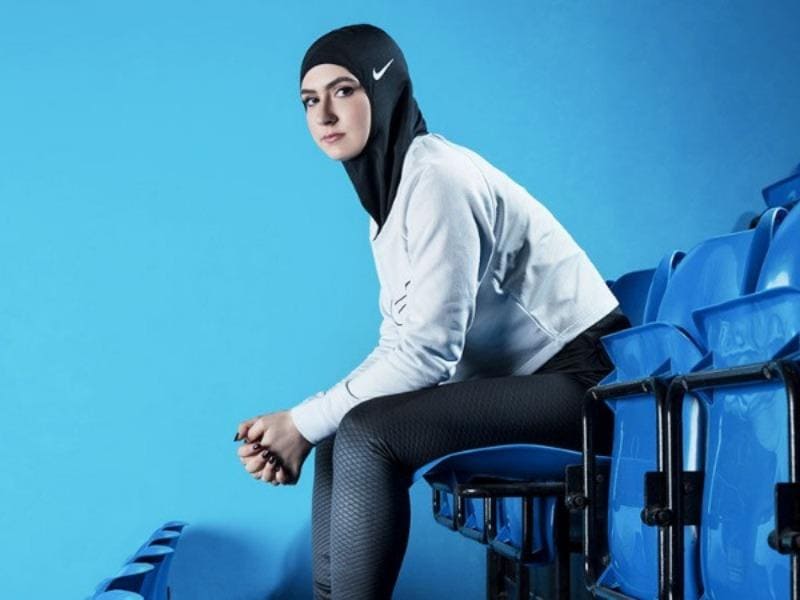Illuminate recently hosted a successful event breakfast seminar, attended by almost 60 clients. Below is an excerpt from the presentation given at that event.
As the country with the largest Muslim population in the world, developing products and offers that connect with and are relevant to the Muslim consumer is obviously very important. We see that many brands are offering Muslim propositions, even beyond food and beverage - we see brands like Hana Tajima from Uniqlo, Sports Hijab by Nike, Shampoo for Hijabbers by Lion Japan and Sasha toothpaste. We also see the expansion of halal certification to other categories such as personal care, fashion and household products.
But at the same time, we are seeing a shift in Indonesian Muslim culture, with a stronger drive to pursue a more Hijrah or spiritual lifestyle: working towards achieving ultimate perfection as a Muslim.
Given this progression, we now see that Islamic branding is also progressing along with these changes in Muslim culture. No longer is the halal stamp enough; now brands are moving beyond this:
- Brands are now including and promoting Islamic content and Sunnah ingredients (those believed to have been used by the prophet); such as Habbatussauda, Olive, Musk and Siwak.
- The adoption of Islamic product propositions has also become important - not just including Islamic ingredients, but they also merge the Islamic cultural symbols into their design and Islamic brand meaning.
- To Islamic Business model - some brands are fully adopting Syariah principles. Not just Syariah Banks and insurance services, but also property, hospitals and e-commerce.
In summary, it is very important for brands to keep up with the cultural shift and in this case, the increased spiritualism amongst Indonesian Muslims. Therefore, using the right cultural symbols that highlight the Islamic proposition is key to attract the Muslim segment.


